Delhi gang-rape suspects to appear in court
Police are to formally charge five suspects with rape, kidnapping and murder after the woman died at the weekend.
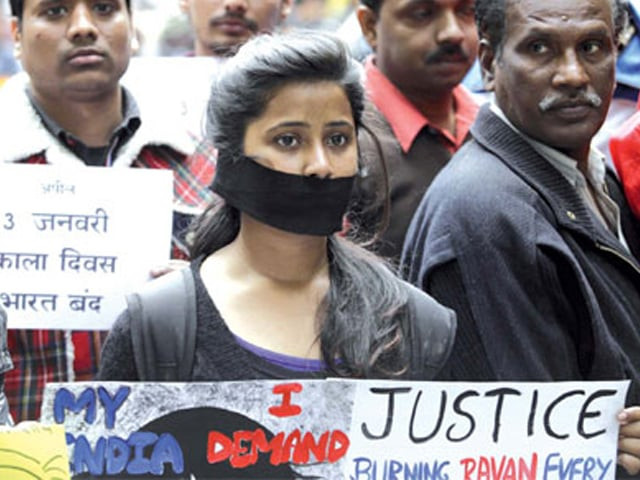
Police are to formally charge five suspects with rape, kidnapping and murder after the woman died at the weekend. PHOTO: AFP/FILE
Police are to formally charge five suspects with rape, kidnapping and murder after the woman died at the weekend from the horrific injuries inflicted on her during an ordeal that has galvanised disgust over rising sex crimes in India.
It was unclear if a sixth suspect believed to be a minor aged 17 would appear in the Saket district court in south New Delhi. Police have ordered a bone test to determine his age and whether he can stand trial in an adult court.
The men, mostly residents of New Delhi slums, will face the death penalty if convicted, India's Home Minister Sushilkumar Shinde has said, amid public clamour for their execution.
"It is compulsory for all the accused (to) present themselves before the magistrate," Rana Dasgupta, a legal officer at the court, explained to AFP.
The magistrate "will admit the charge sheet presented by the police and then give a copy of the charge sheet to all the accused".
This document - reportedly 1,000 pages long - will lay out the evidence collected, the most powerful of which is expected to be a statement from the victim after the attack and an account from her boyfriend who was with her at the time.
He was beaten during his attempts to save the medical student after the couple were lured onto the private bus by the reportedly drunk gang after watching a film at night.
Lawyers at the court in New Delhi on Wednesday told AFP that they would not defend the suspects, meaning that the government would have to appoint advocates for what will be a fast-tracked trial.
"We have decided that no lawyer will stand up to defend the rape accused, as it would be immoral to defend the case," Sanjay Kumar, a lawyer and member of the Saket District Bar Council, told AFP.
Altamas Kabir, the chief justice of India, however cautioned against letting the public anger overwhelm the due process of law.
"Let us not get carried away. A swift trial should not be at the cost of a fair trial," he was quoted as saying in the media on Thursday after inaugurating the first of the five fast-track courts announced to try sexual offence cases.
Protesters have massed in Indian cities daily since the December 16 assault demanding the government do more to combat crime against women, with tougher penalties for offenders and even chemical castration being considered.
The latest incident, though far from rare in a country where gang rapes are commonplace, has led to deep soul-searching in the media and the country's political class about the treatment of Indian women.
Analysis has focused on the deeply patriarchal Indian society, in which misogyny and sexism run deep and women are often second-class citizens, as well as the difficulty of rape victims in dealing with social stigma and the police.
On December 28, it emerged that a 17-year-old girl had committed suicide after police allegedly tried to persuade her to drop a complaint of gang-rape and instead either accept a cash settlement or even marry one of her attackers.
The government has set three separate commissions to look into the incident and suggest changes in the law, with one minister suggesting new anti-rape legislation should be named after the victim.
This sparked a controversy as her name has not been disclosed in line with legal protections given to the victims of sex crime and their families, who face social stigma.
The brother of the victim, speaking from the family's home village in northern Uttar Pradesh state, said they would not object if the government wanted to name a new law after her.
"My father feels if they want to name the new law after her, they can go ahead, it will be like a tribute in her memory," he told the Indian Express newspaper.
The brother also pleaded that the family should be left alone to grieve their loss.
"The public anger is justified but my sister's story should not be made into a spectacle," he said.
A recent poll found India to be the worst in the G20 group of nations for women because of child marriage, abuse and female foeticide, which has led to a badly skewed sex ratio in the country of 1.2 billion people.

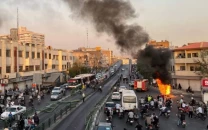
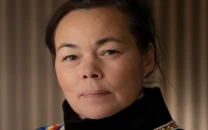

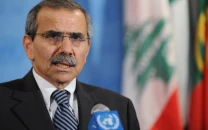

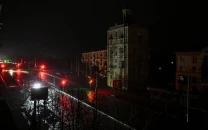












COMMENTS
Comments are moderated and generally will be posted if they are on-topic and not abusive.
For more information, please see our Comments FAQ